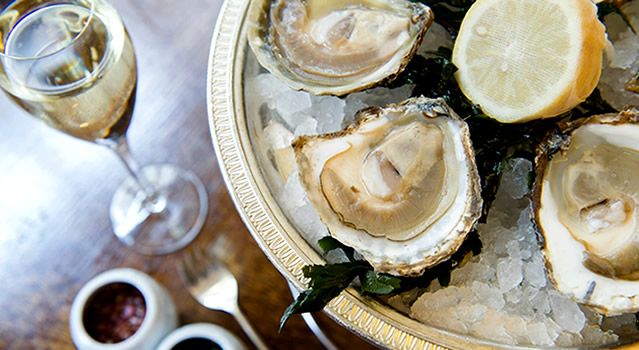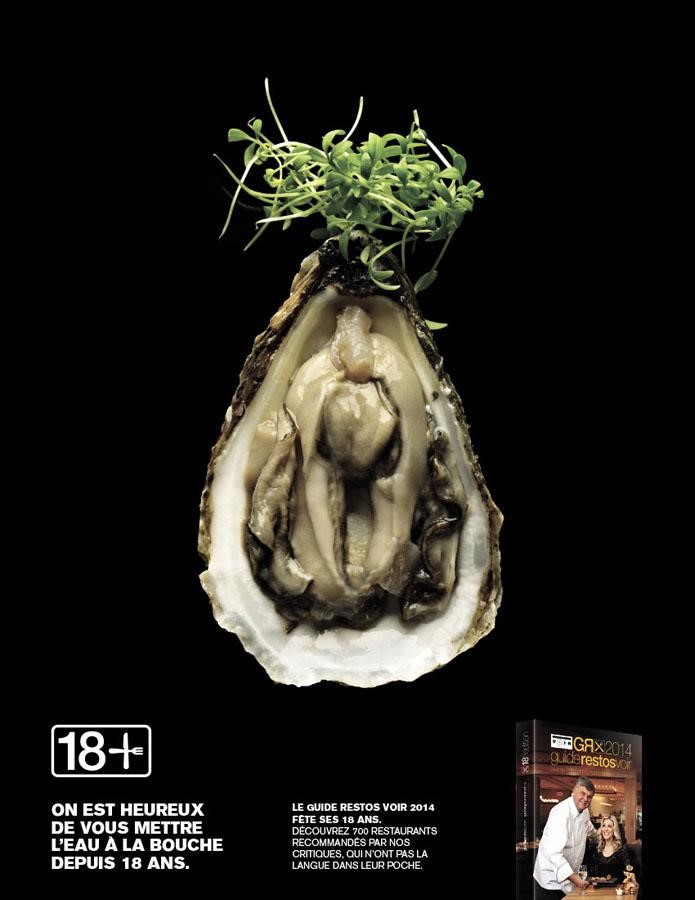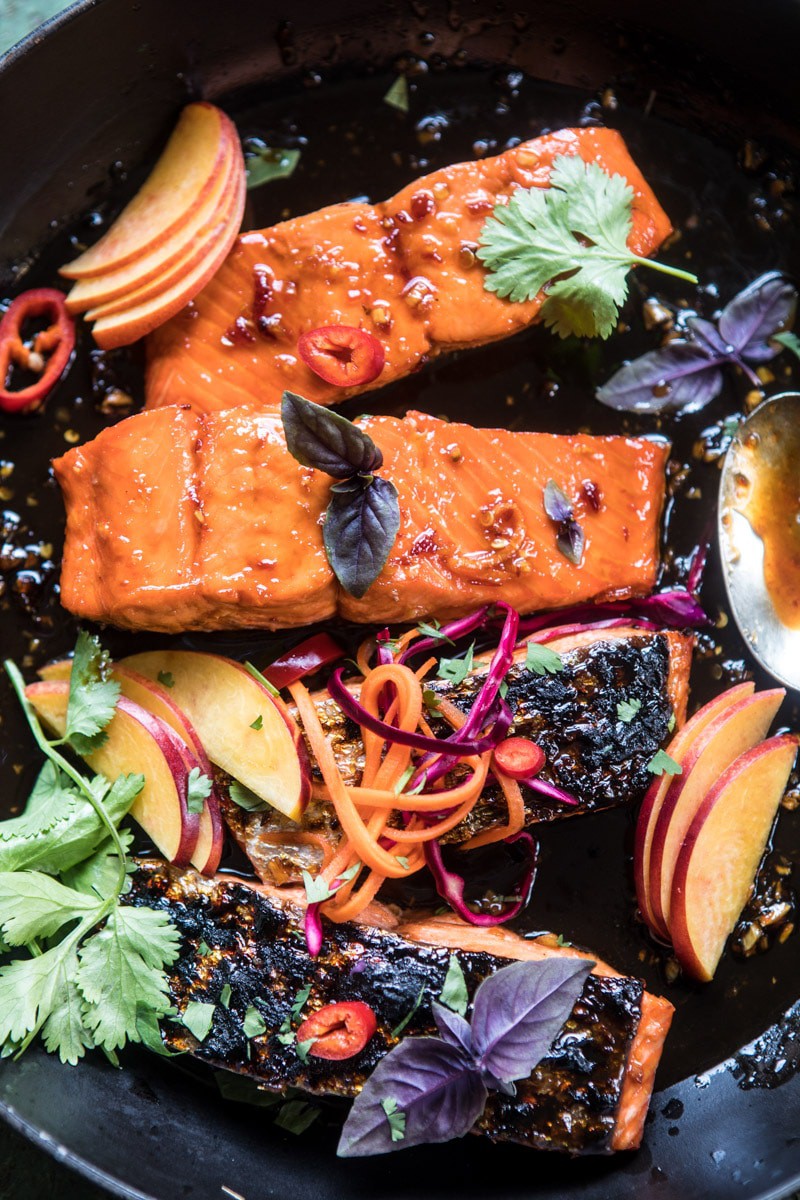
Debunking the Myth: The Science and Complexity of Oysters as Aphrodisiacs
The association between oysters and their supposed aphrodisiac properties has been perpetuated for centuries, but is there any scientific evidence to support this claim? Let’s delve into the research and unravel the complexities surrounding oysters as aphrodisiacs.
Tracing Back to Casanova:
The connection between oysters and sex is traced back to Giacomo Casanova, a famed Italian romantic, more than 200 years ago. He was known to eat them for breakfast to boost his libido, but how sexually arousing are the bivalves for the rest of us? Is there any scientific evidence that they actually work?.
Scientific Studies and Desire-Inducing Properties:
A notable study conducted by the American Chemical Society in 2005 explored the desire-inducing properties of bivalve molluscs, including oysters, clams, mussels, and scallops. The study highlighted the presence of zinc in these molluscs, which is known to play a role in testosterone production and spermatogenesis in men. Additionally, oysters contain specific amino acids like D-aspartic acid and N-Methyl-D-aspartate, as well as serotonin, which can potentially activate pleasure responses in the brain and body. These findings suggest that oysters might have the potential to enhance sexual arousal, particularly in men.
Scientific Studies and Desire-Inducing Properties:
While scientific evidence points to certain elements in oysters that could contribute to sexual arousal, it is crucial to understand that human sexual desire is a multifaceted phenomenon. It is influenced by various factors, including interpersonal relationships, psychological factors, and socio-cultural influences. Consuming oysters alone is unlikely to have a significant impact on sexual desire if other important aspects are not addressed.
The Role of Personal Factors:
It is essential to note that the effect of oysters as an aphrodisiac can vary greatly among individuals. Factors such as personal beliefs, expectations, and experiences can shape one’s response to oyster consumption. Additionally, the context in which oysters are consumed, such as in a romantic setting, may contribute to the perceived aphrodisiac effect.
Oysters: Delicious and Nutritious:
Beyond their potential aphrodisiac properties, oysters offer numerous health benefits. They are a rich source of protein, vitamin B12, vitamin C, vitamin D, and omega-3 fatty acids, which are essential for overall physical well-being. Enjoying oysters for their taste and nutritional value can enhance one’s mood and contribute to a positive dining experience.
Conclusion:
While the science surrounding oysters as aphrodisiacs is not definitive, there are indications that certain components in oysters may have desire-inducing properties. However, the complexity of human sexual desire suggests that oysters alone cannot guarantee enhanced libido. Ultimately, oysters should be appreciated for their culinary pleasures and nutritional benefits. So, if oysters evoke feelings of romance and put you in a good mood, why not savor them for their own merits?






 No products in the cart.
No products in the cart. 
